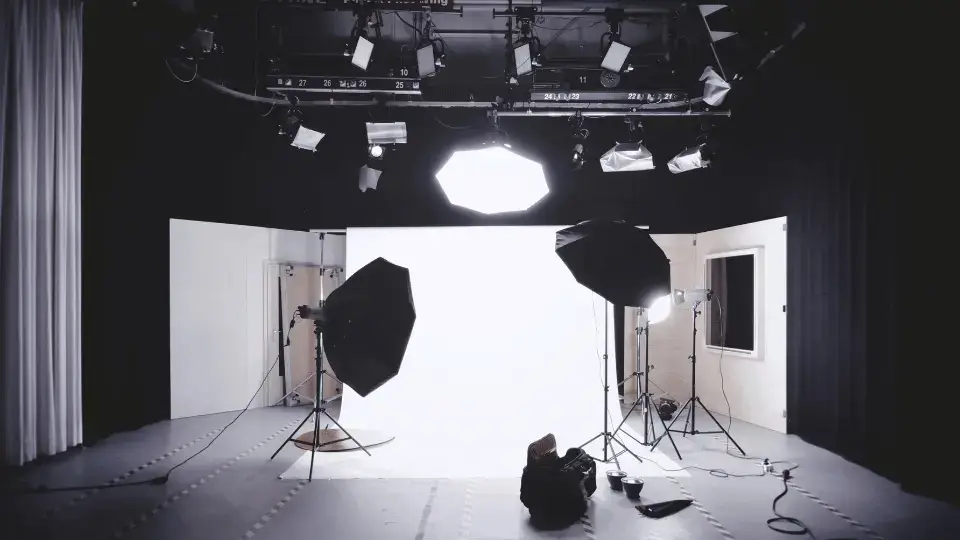Mastering the Art of Lighting: Tips from a Skilled Technician
Lighting is an integral part of the entertainment industry. It can change the mood of a scene, highlight specific elements, and even create illusions. Lighting technicians are the professionals responsible for designing, installing, and operating lighting systems to achieve the desired effect for production. If you’re interested in pursuing a career as a lighting technician, here are some tips to help you get started.
1. Learn the Basics
Before you can become a lighting technician, you need to have a solid understanding of the basics. This includes learning about the different types of lights, how to set them up, and how to program them. You can start by reading books, watching online tutorials, or taking a course.
2. Get Hands-on Experience
The best way to learn is by doing. Look for opportunities to gain hands-on experience in lighting. This can include working on school productions, volunteering at local theaters, or even shadowing a professional lighting technician. The more experience you have, the more confident you’ll be in your abilities.
3. Build Your Network
Networking is crucial in the entertainment industry, and lighting is no exception. Attend industry events, join professional organizations, and connect with other professionals on social media. Building relationships with people in the industry can open doors to new opportunities and help you stay up-to-date on the latest trends and technology.
4. Stay Up-to-Date on Technology
Technology is constantly evolving, and lighting is no exception. Stay up-to-date on the latest lighting technology and software by attending workshops, reading industry publications, and taking courses. The more you know, the more valuable you’ll be as a lighting technician.
5. Develop Your Design Skills
Lighting design is an important aspect of being a lighting technician. You need to be able to create a lighting plan that enhances the production and achieves the desired effect. This requires a strong understanding of design principles, color theory, and composition. Look for opportunities to develop your design skills, such as taking a course or working with a mentor.
6. Be Flexible
As a lighting technician, you need to be flexible and adaptable. Productions can change at a moment’s notice, and you need to be able to adjust your lighting plan accordingly. You also need to be able to work well under pressure and meet tight deadlines.
Career and Education
Becoming a lighting technician requires a combination of education, hands-on experience, and networking. You can start by taking courses at a reputable institution such as New York University’s Tisch School of the Arts or Parsons School of Design. These schools offer courses in lighting design, technology, and production.
If you’re looking for a more flexible option, you can also consider taking an online course such as the NYU x Billboard | Film Industry Essentials program. This program covers a wide range of topics related to the film industry. The program is self-paced, so you can complete it on your own schedule.
Key Takeaways
- Lighting technicians are responsible for designing, installing, and operating lighting systems for productions.
- To become a lighting technician, you need to learn the basics, gain hands-on experience, build your network, stay up-to-date on technology, develop your design skills, and be flexible.
- New York University’s Tisch School of the Arts and Parsons School of Design offer courses in lighting design, technology, and production.
- The NYU x Billboard | Film Industry Essentials program is a self-paced online course that covers lighting design and technology, among other topics.








